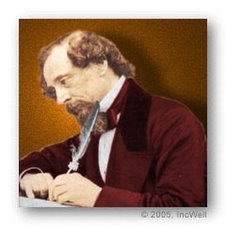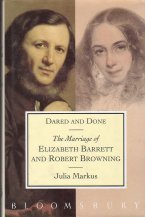Thursday, May 31, 2007
The French Revolution, the "Romantic Era"
The French Revolution, “the Romantic” Era was a very interesting and complex section. It was filled with distress, oppression, depression, love, hatred, and revenge.
The French Revolution was a time of change for a corrupt and inefficient government that kept a certain social class oppressed, impoverished, and bound. Through this entire revolution, the writers from this particular time frame were very much influenced by the experiences that they encountered at some point in their lives. The biographies or the introductions that are given before each excerpt helped me to understand the situation and the attitude as well as the emotions of each of the writers. It was through their personal experiences and opinions that inspired the shared letters, poetry, and articles of love, dedication and romance. These shared works influenced and inspired other on coming writers in this Romantic Era. This era’s works continues to live even now and quoted by other writers like the famous quote by Thomas Paine, “These are the times that try men’s soul”.
Subscribe to:
Post Comments (Atom)



3 comments:
Keekwak,
OK first blog posting, but it seems just to be a broad summary of the entire reading assignment on the French Revolution. You don't mention any author or text by name, and you don't quote or discuss any specific passage. I would like you to go into much more depth in subsequent postings, and to discuss in more focus and detail a particular part of the readings. Don't try to generalize about all of it.
Keewak,
"The French Revolution was a time of change for a corrupt and inefficient government that kept a certain social class oppressed, impoverished, and bound."?????? Really??? You wrote this? Can I quote you? You truly sound like one of the great pamphleteers! This one sentence could have induced revolt and revolution during that time. What a hard-hitting sentence! So concise, yet so evocative! Nice.
-kyle
I was hoping you could focus on a single section or at least a specific author. I'm glad you were able to get a general feel to the entire section, but what author did you respond most to. And yes, that is a great line by Paine. I like it too.
Post a Comment